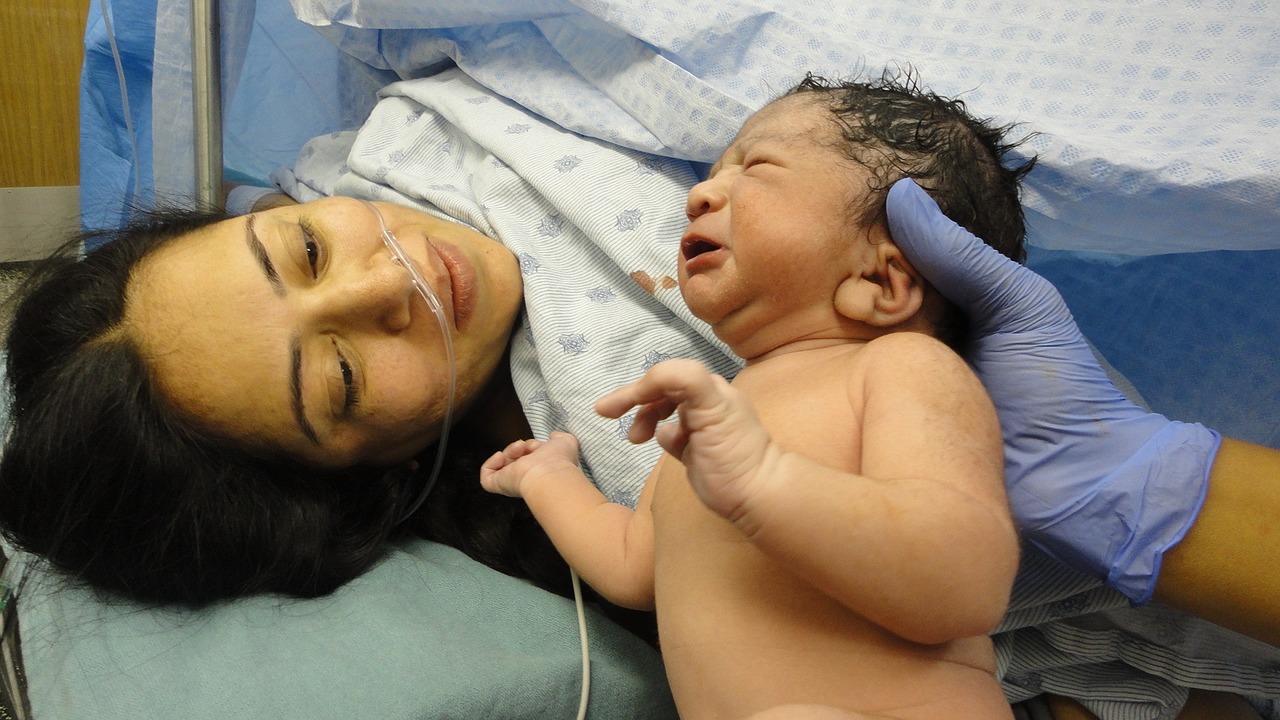
A study of babies' gut bacteria revealed key differences between infants born vaginally and via Caesarean section (C-section), giving researchers some insight on the development of the human immune system.
Results of the study show that babies born vaginally got most of their gut bacteria from their mother while babies born via C-section did not and had more bacteria linked to the hospital around them.
According to the researchers, they have not determined the effect of such difference on the children's future health so it should not discourage women from having C-section births. However, they pointed out that the so-called "baby biome" project gave them a sneak peek into a little-understood stage in the development of human immunity.
Peter Brocklehurst, a Birmingham University professor who co-led the research, said "The first weeks of life are a critical window of development of the baby's immune system, but we know very little about it. We need to follow up ... these babies as they grow to see if early differences in the microbiome lead to any health issues."
Scientists have been studying the gut microbiome, a complex ecosystem of millions of microbes, because it is thought to be crucial in the development of the immune system. Previous studies have demonstrated that a lack of microbes exposure in early life could lead to autoimmune diseases such as asthma, allergies and diabetes.
Published in the journal Nature, the study involved scientists from University College London, Wellcome Sanger Institute and Birmingham University who analyzed more than 1,600 gut bacteria samples from 175 mothers and almost 600 babies via DNA sequencing. They found that vaginally delivered babies had more health-associated bacteria from their mothers than the other group while C-section babies had more bacteria typically found in hospitals in place of some of the mother's bacteria.
At a briefing discussing the findings, Brocklehurst said "At the moment we don't understand the long-term consequences of this. It's clearly complex and we're only just beginning to scratch the surface."






